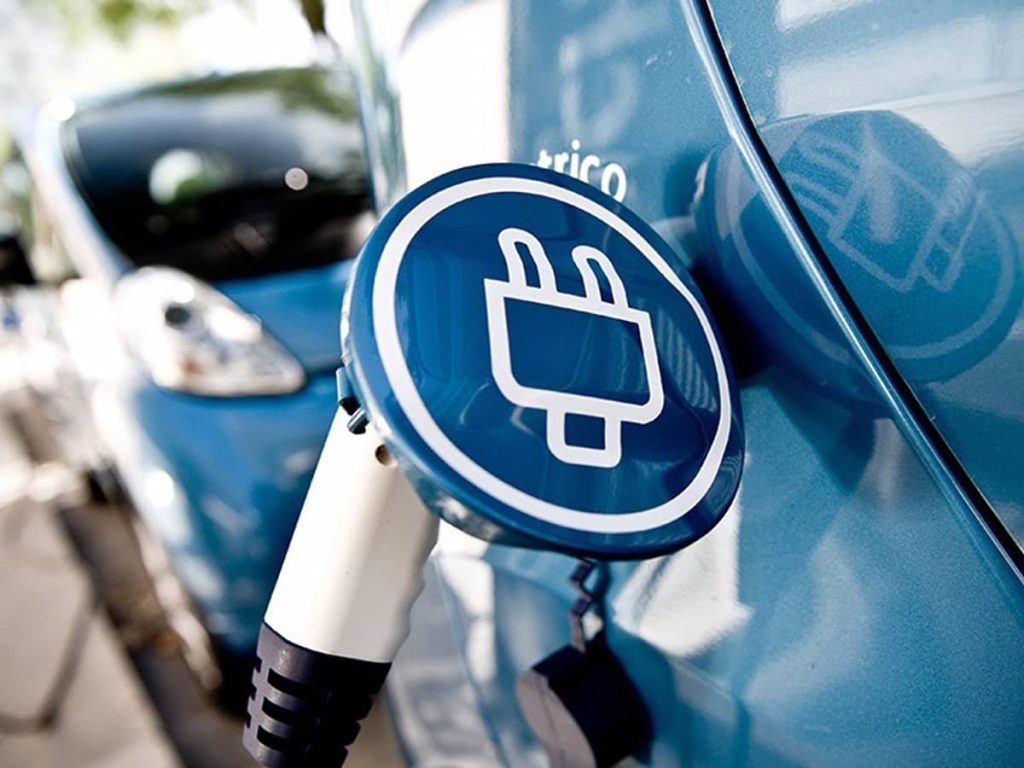Undoubtedly, we are witnessing a disruption in the way we transport ourselves due to the transition from traditional vehicles powered by internal combustion engines to more sustainable transportation alternatives.
This shift is the result of various factors, including the need to reduce CO2 emissions, as well as the proven benefits in maintenance costs and the significant difference in fuel prices.
New forms of mobility have already begun to transform the automotive industry landscape through increased connectivity, autonomous driving methods, and changes in ownership through ride-sharing. Specialization and technology play a vital role in generating adequate information, especially in fleet operations.

Moreover, considering that electric vehicles require less maintenance than combustion-engine vehicles, it is evident that dealers need to stay ahead of increasing demand and have trained personnel for diagnostics and repairs, with knowledge of the components and systems that this new technology requires. Sales and marketing are changing, so it is also important to have sales teams trained to convey the benefits, quality, and technical features of the various electric vehicle segments, including advice on driving habits, range, and charging, along with aftersales services.
In this regard, both official dealerships and service repair shops will need personnel with specific technical training, for example in electrical safety, electromechanics, mechanical engineering, etc., for various tasks such as system disconnection, and insulation and voltage verification.
As an example, electric vehicles have a battery cooling system that will require liquid inspection and replacement and brake disc replacement, even if wear is minimal, due to regenerative braking in some vehicles.
The same applies to the need to repair the bodywork, as although the processes are the same as those for a conventional vehicle, specific equipment and knowledge are required to assess the safety of the repair, as well as the vehicle’s electrical systems.
Autologica Sky DMS
The most complete DMS for vehicles dealerships. Learn how dealers improve their operations, monitor their business, and grow with our cloud-based DMS.
» Request a demo
Furthermore, it will be necessary to have spaces, tools, and specific equipment for battery operations, wiring, and high-voltage protection equipment. This includes knowledge of specific components such as the inverter, and battery voltage, as well as practical knowledge of how to use various parts and tools that differ from the usual ones.
It is worth mentioning that this transition needs to be accompanied by the introduction of official training content in technical schools and universities to create accessible training conditions necessary for the workforce.
In conclusion, given the ongoing transformation of the automotive and energy industries towards the electrification of transportation, new service models and specializations are required to meet the demands of users and the new technologies in the sector.
About the Author

Diego Cosentino
Sustainable Mobility / e-mobility Consultant
With over 20 years of experience in the automotive sector, Diego has held middle and managerial positions in international companies and organizations alongside multicultural teams. He has been responsible for mobility area management, leading the implementation of various communication actions and business models that resulted in effective alliances with various private sector players.




